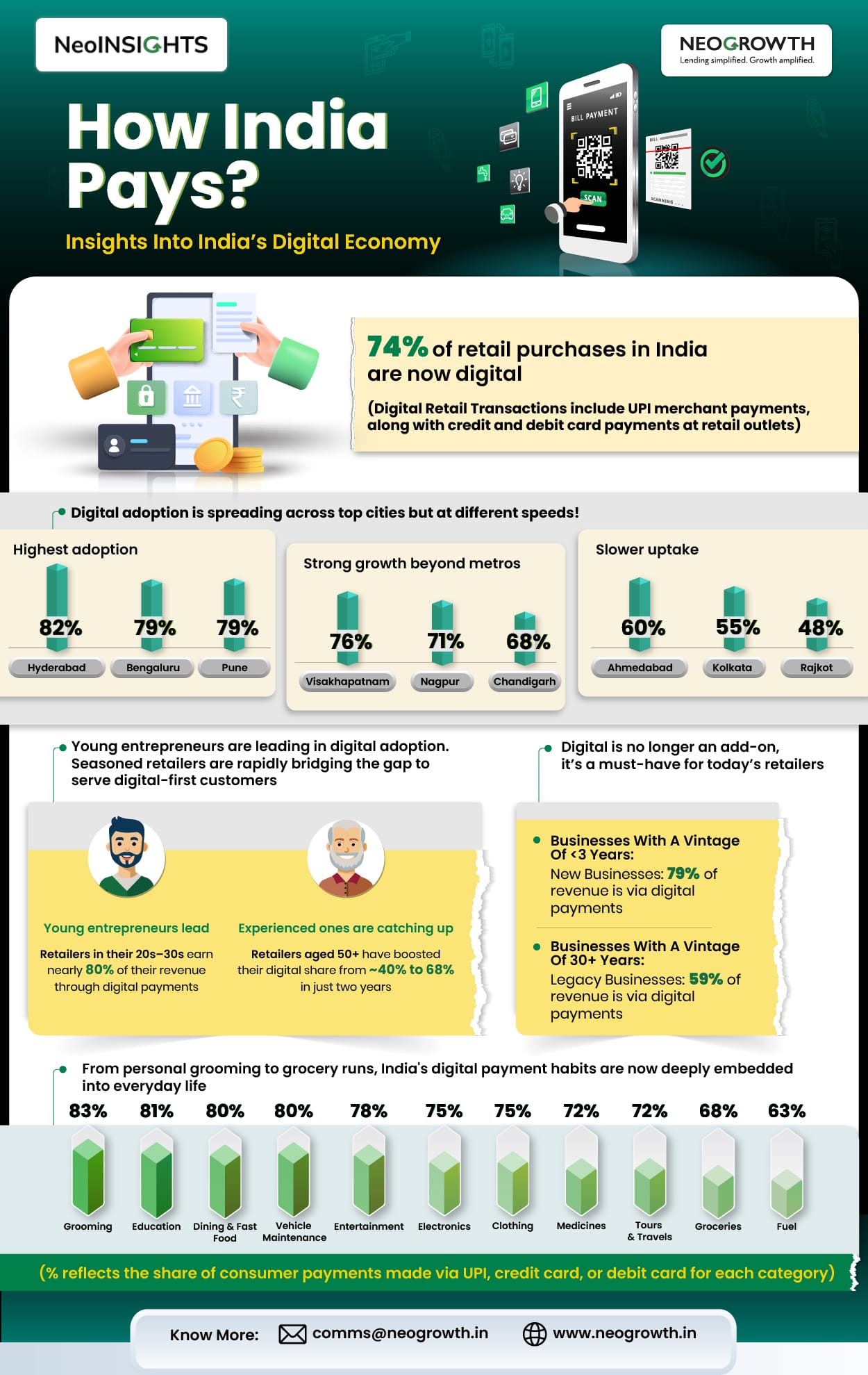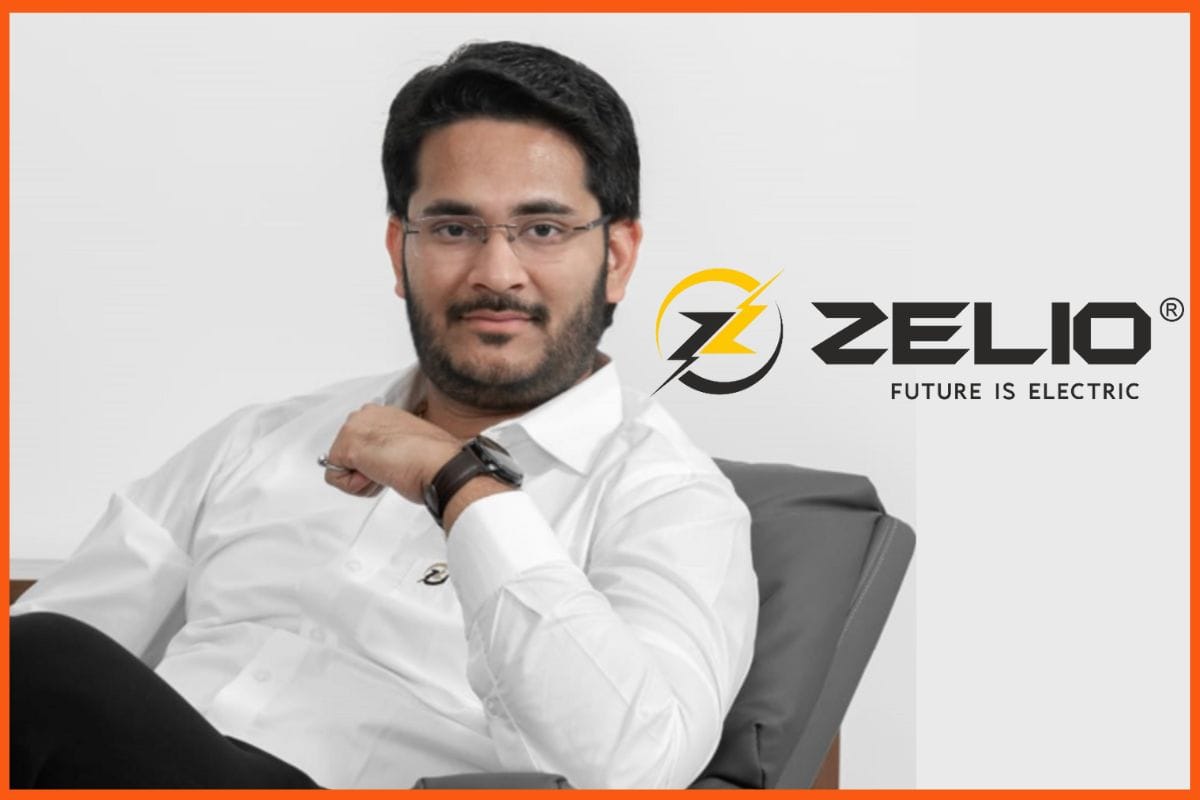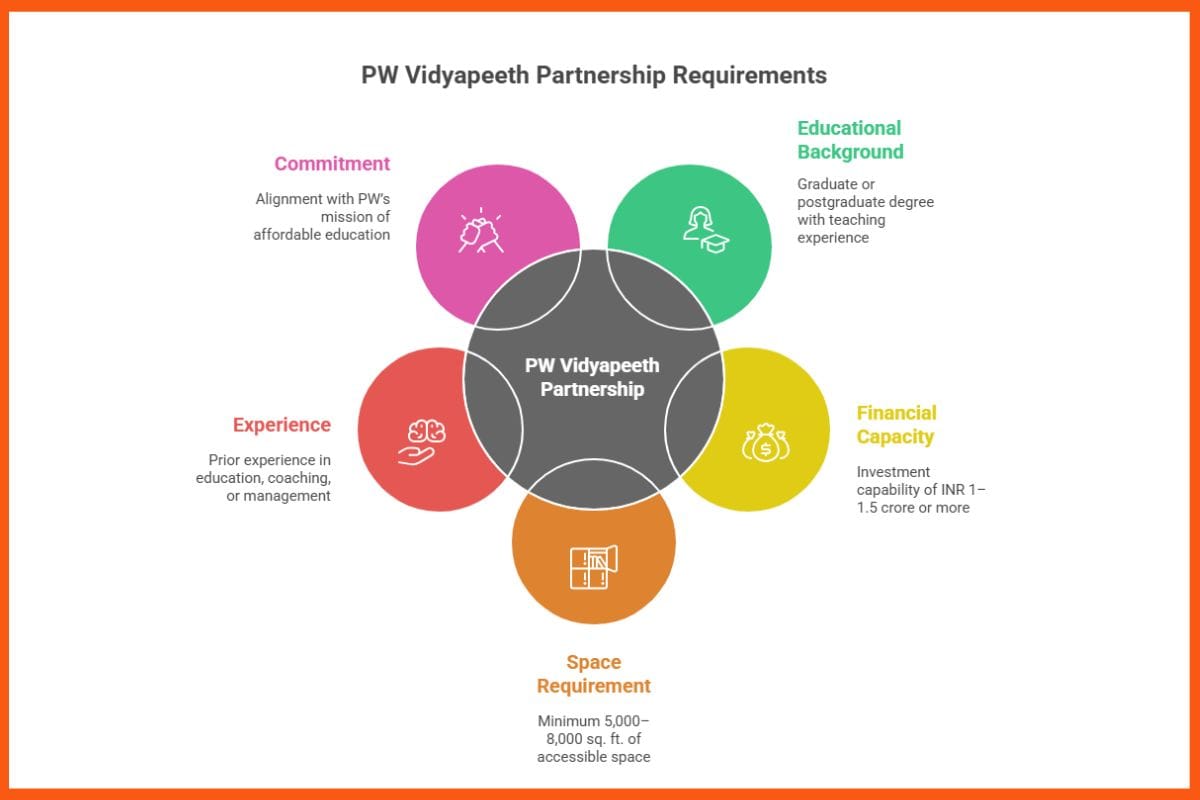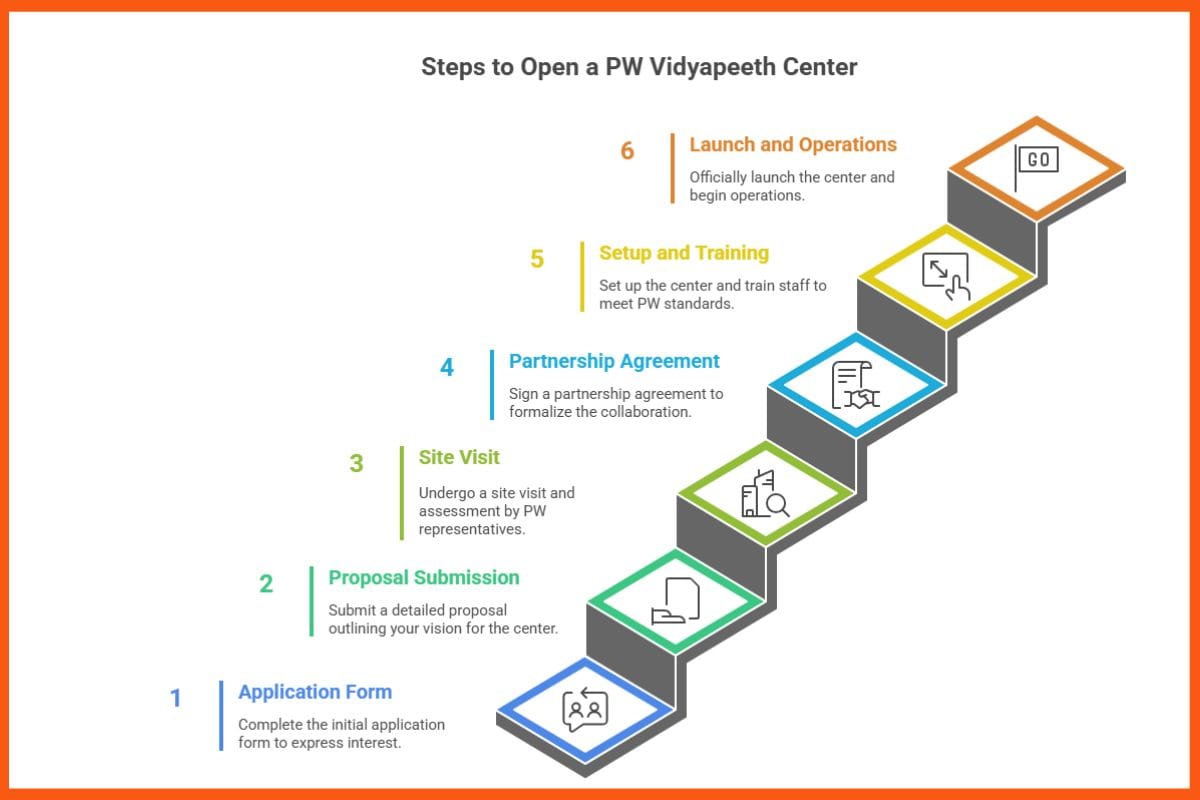For our fifth Navratri story, we turn to Skandamata, the goddess known for her nurturing and supportive nature. Much like her, women entrepreneurs play a similar role in guiding and uplifting their teams.
Inspired by this, we asked some incredible founders how they build strong relationships at work and how women can create positive, supportive spaces for each other in business.
Just as Skandamata blesses with strength, wisdom, and growth, these leaders share their insights on building successful and empowered teams.
Here’s what they shared
Akanksha Hazari, CEO & Founder of LoveLocal
Much like Skandamata, I believe leadership is about nurturing with care and responsibility. At LoveLocal, I focus on building genuine relationships, giving teams the space to grow, and supporting them through challenges while celebrating their wins. For female founders, creating a positive work environment starts with empathy, open communication, and leading by example. When we support and uplift each other, we don’t just build stronger teams, we create workplaces where people truly thrive.

Tejasvi Madan, Founder and CEO, Beyond Bound
BeyondBound isn’t just my dream, it’s a collective one. The way Skandamata nurtures, I try to bring the same spirit into how I work with my team. Every win feels sweeter when it’s shared and every challenge feels lighter when carried together. I’ve seen firsthand how a culture of encouragement fuels creativity and how women uplifting each other creates unstoppable momentum.
Dishi Somani, Founder of DishiS Designer Jewellery
Keeping close relationships with my team has been crucial for establishing DishiS in a crowded market. I am a firm believer in open communication, acknowledging efforts, and providing room for creativity. A founder must lead and mentor, but also trust the team to perform with their expertise. For women founders, a good work environment leads to cooperation over competition. Backing each other, exchanging knowledge, and celebrating victories together create an environment where productivity excels alongside creativity.
Vijeta Soni, Co-Founder & CEO, Sciative Solutions
Teams thrive on trust and empowerment. At Sciative, we nurture talent by giving people ownership of problems and the freedom to innovate. We invest in learning, encourage cross-functional collaboration, and celebrate both small wins and big milestones. For female founders, I’d say: lead with empathy. When people feel supported, they naturally perform at their best, and the business grows with them.
Drishti Madnani, Co-founder & Beauty Expert, Shryoan Cosmetics
Shryoan has been a community experience, and creating our team has been part of that journey. We communicate openly, celebrate the wins, and treat each member as special; that is how I see building a team. Similar to Skandamata, I believe that when a supportive environment is created, people can be the best version of themselves. For women-led companies, an enriching work environment builds creativity, inclusivity, and collaboration. Empowering women to support each other in teams creates productivity and fosters growth and trust for mutual success.
Samiha Jha, Founder & Director, Sammyukk
Skandamata reminds us that authentic leadership is nurturing, not controlling. At Sammyukk, I’m committed to fostering relationships of empathy, respect, and mutual growth. A solid team is one that’s seen, heard, and believed in. To fellow female founders, my advice: lead with empathy, prioritise collaboration over competition, and build spaces where women support each other. A positive culture begins with small, thoughtful gestures, listening, mentoring, and acknowledging effort. When individuals feel appreciated, productivity and meaning come naturally.

Nidhi Sabbarwal, Founder, Kalyanamm Holy Waste Recycling Pvt. Ltd.
Skandamata’s nurturing nature lies at the centre of how I work with my team. Most of our artisans are women from smaller towns, and I view developing them as not merely giving jobs but building a secure, empowering platform. We promote skill development, open communication, and celebrate small successes. This generates trust and loyalty, which manifests in the quality of our output. A supportive, respectful work culture in which women encourage each other promotes productivity and teamwork, creating long-term stability and growth.
Gopika B Raj, Co-Founder & CCO, MyDesignation
It’s all about emotional connection. I spend time talking with my teammates, understanding what they want, and giving them the freedom to express themselves. Everyone is equal, and I encourage open sharing of suggestions, concerns, and ideas. I focus on character and attitude first. I also remind the team of our roots and values, and lead by example, staying energetic, curious, and creative, no matter how big the company grows.
Ambika Bhaik, CEO, Yellow Fertility
I think culture is the real support of any company. I encourage teams by listening, mentoring, and giving individuals room to take ownership. A healthy work culture isn’t developed overnight; it takes empathy, appreciation, and responsibility. For women founders, uplifting each other through networks, partnerships, and shared tools can drive joint success.
Priyanka Jain, Co-Founder & Director of Marketing, Snow World Entertainment
Teamwork is the backbone of any business. At Snow World Entertainment, our strength lies in our team. We have policies to strengthen our internal team, hold interactive sessions to discuss issues and brainstorm ideas, and then execute learnings. I stay connected across departments, from marketing and design to ground staff and guest services. When people feel seen and valued, they take ownership. As I’ve seen, leadership skills and effort can create remarkable outcomes, regardless of prior industry experience.













